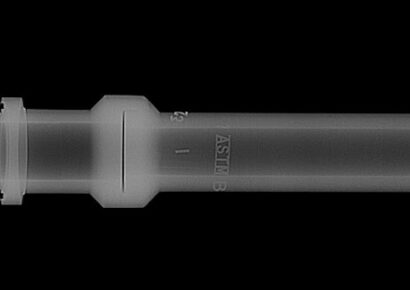Course Overview
Objective
To gain experience with and understanding of the types, advantages and applications of various NDT methods.
- Foundation: To provide students with a strong knowledge of terms, concepts, principles etc. involved in Non-Destructive Testing.
- Skills: To provide practical training in handling and testing the Non-Destructive Testing equipments.
- Data Analysis: To develop knowledge and skills for interpretation and evaluation of the results.
- Awareness and professional Ethics: To offer environment to enhance team essential skills for effective careers in the inspection profession.
Scientific Principles
Eddy Current testing uses the principles of electromagnetism as the basis for conducting inspections. When alternating current is applied to a conductor a magnetic field develops in and around the conductor.
Main Advantages
- Sensitive to small cracks and other defects
- Testing gives immediate results
- Detects surface and near surface defects.
Target Audience
Level I: NDT Operators, NDT Salesmen, Anyone seeking the Basic NDT Principles and Practices.
Level II: Engineers & QA/QC Personnel, Welding Supervisors & Inspectors, NDT Technicians & Practitioners, Qualified NDT Level I individuals who want to be qualified as Level II.
Award
Delegates attending and successfully completing both the practical and written assessments will be awarded a certificate showing compliance with SNT – TC – 1A.






